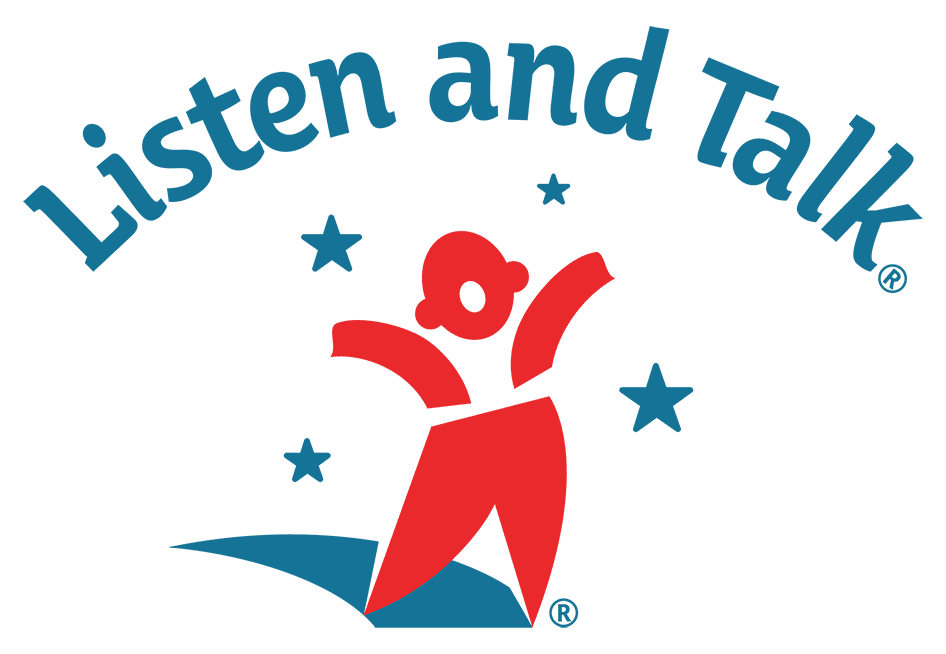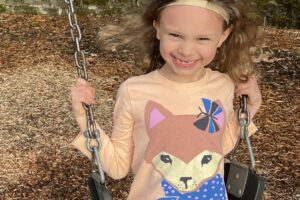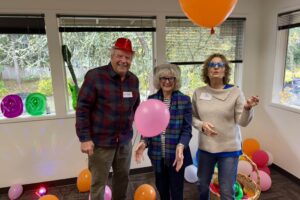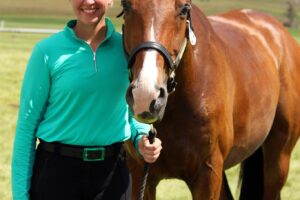
Alumna Interview: Emily
Yoko and Ashley attended a symposium titled “Improving the Classroom Listening Environment for Children who are Deaf/Hard of Hearing” presented by Seattle Children’s Hospital Childhood Communication Center on Saturday, October 27. It was a wonderful learning and networking opportunity for both of us, and we enjoyed connecting with clinical and educational audiologists, teachers of the deaf, and speech-language pathologists from all over the state. It was great to be with a diverse group of colleagues, and we felt very fortunate to be part of the vibrant clinical and educational communities that are united by the goal of serving children with hearing loss.
However, the most impactful message of the day did not come from the professionals presenting their scientific findings, clinical recommendations, or teaching approaches. Instead, it came from six children and young adults, age 12-18, who comprised a patient panel to share their perspective of what it is like to go about their academic and extracurricular activities with a hearing loss.
Since what they shared during the panel discussion was so inspirational to us, we thought that the families at Listen and Talk would benefit from their unique and poignant perspectives. We invited one of the panelists, Emily, to share a bit more about her experience. Emily is now a freshman at the University of Washington, who also happens to be a Listen and Talk alumna! She was gracious enough to carve out a few moments from her busy schedule to talk with us via FaceTime. As you read the following interview, we imagine that you will see why we found her perspective to be particularly inspiring.
We will be sharing her interview with two blog posts. Here is Part I :
Yoko: Could you tell me a little bit about yourself?
Emily: I am Emily. I am a freshman at UW right now. I am bimodal. I use a ReSound hearing aid for my right ear and Cochlear Nucleus 7 implant for my left ear.
I am fairly active. I have an ultimate frisbee game coming up in a couple of days with my house, and I am planning on playing on an intramural team this spring. I also enjoy pranking people. Like, I get in a lot of pranks in a week. When I am not active, I like to write and draw, and hang out with my pals around the house.
Yoko: How are you affiliated with Listen and Talk?
Emily: I went through the Birth-to-Three program, and it was really helpful because my parents didn’t know too much about raising a deaf or hard of hearing child ‘til Listen and Talk. Though I did not go to the preschool program, my little brother (who also has a hearing loss) went through the Birth-to-Three program and preschool program, and my little sister went along with him to the preschool as a hearing peer. We have been through Listen and Talk quite a bit.
Yoko: What are you studying at UW right now?
Emily: I am not in a major yet since I am in my first quarter at college, but I want to major in molecular biology. My eventual goal is to be a researcher in a genetics lab for cancer and autoimmune diseases and stuff, but UW does not have a genetics major. So I figured molecular biology is the closest thing to it.
Yoko: What was it like to be on the panel in front of so many people last Saturday?
Emily: I was in performance arts throughout high school and did nine shows, but I still got stage fright. Probably not as bad as some other panelists. It was sort of scary, but I am kind of used to being in front of people.
Yoko: What you said during the panel discussion about how important self-advocacy skills are and how critical it is to use them educationally and socially was very powerful and impactful. Could you reiterate that, please?
Emily: Sure. Self-advocacy is literally standing up for yourself, and if you need something, ask for it politely and make people aware that you have the need like you need to have the seat in front of the class or notes for a lecture or something. For example, it’s not on my (accommodation) plan that my math professor reserves me a seat in front of the class every Friday, but because I have a class right before the math class, I needed that. So I emailed the math professor and we got it figured out that he would reserve a spot that I usually sit in. Now even when I walk in after everyone has taken a seat, I would still have the seat in the front.
It’s hard to self-advocate. When I was an underclassman in high school it was difficult for me. I was really shy, but I had a few bad experiences when I didn’t, because people were not aware when I was sitting in the back of the class or when I didn’t have an FM system. So I was like, “Ok, I cannot hear. I am not doing so well in class. I need to talk to my teacher and work something out with my teacher.” Over time it just became a habit that I would introduce myself to the teacher, and I would say, “I am Emily, and I am deaf so here is something that I would really appreciate it if you would do”. Typically just to wear a FM system. And over time, it just became a habit.
I felt like I was being very demanding before, but I reminded myself that I was not. I have a disadvantage that not a lot of other people have, and it’s up to me and nobody else to make sure that the disadvantage is overcome.
Thank you so much for sharing your thoughts with us, Emily! More to follow in the Part 2 of the interview!



